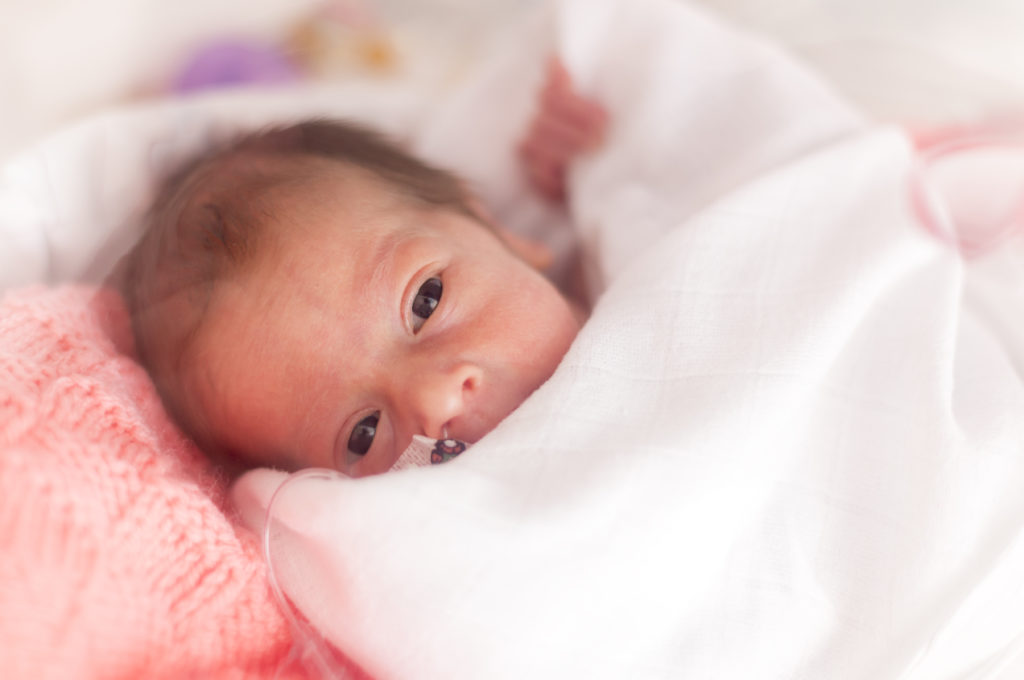Quick Hits
Daily brief research updates from the cognitive sciences

A couple of studies have just been released which look at the brains of newborns and young babies. The results are worrying for any society.
Brain scans of newborn babies from mothers in poverty showed lower brain volumes across all regions of the brain, suggesting less maturity, but also, just as worryingly, that the folds in the brain were fewer and shallower also suggesting a less developed brain and potential functional impairment. This is in comparison to babies born to mothers with higher household incomes.
This is another one to show how poverty can have dramatic consequences and damage society, which can then be perpetuated.
A second paper from the same dataset of 399 mothers showed that the brain of newborns with mothers from areas with high crime rates showed weaker connectivity across multiple regions in the brain in the first few weeks of life.
This shows that poverty and exposure to crime and its stresses can have dramatic impacts on the brains of babies – how long this lasts is not clear but it is obviously a bad start to life for an innocent baby.
Public policies that effect this critical period of life – pregnancy – is therefore a very good idea for society!

Andy Habermacher
Andy is author of leading brains Review, Neuroleadership, and multiple other books. He has been intensively involved in writing and research into neuroleadership and is considered one of Europe’s leading experts. He is also a well-known public speaker speaking on the brain and human behaviour.
Andy is also a masters athlete (middle distance running) and competes regularly at international competitions (and holds a few national records in his age category).
References
Regina L. Triplett, Rachel E. Lean, Amisha Parikh, et al.
Association of Prenatal Exposure to Early-Life Adversity With Neonatal Brain Volumes at Birth.
JAMA Network Open, 2022; 5 (4): e227045
DOI: 10.1001/jamanetworkopen.2022.7045
Rebecca G. Brady, Cynthia E. Rogers, Trinidi Prochaska, et al.
The Effects of Prenatal Exposure to Neighborhood Crime on Neonatal Functional Connectivity.
Biological Psychiatry, 2022
DOI: 10.1016/j.biopsych.2022.01.020
More Quick Hits
Can Having More Children Reduce Cognitive Functioning?
Quick HitsDaily brief research updates from the cognitive sciences aving more children and late life cognition is not something that is generally researched. There are more obvious avenues such as diet, education, exercise, or socio-economic...
How Sleep Helps Your Brain Manage Fear
Quick HitsDaily brief research updates from the cognitive sciences leep on i” is common advice for many reasons. Often to consolidate thoughts and help boost creativity. This is a well-known effect. We also know that sleep is the time that helps to...
Video games can boost children’s intelligence
Quick HitsDaily brief research updates from the cognitive sciences ell, this is not the answer many of us would expect, and it goes against other logic of spending more time doing other things such as reading or socialising with friends...
Just how many people get COVID brain?
Quick HitsDaily brief research updates from the cognitive sciences here are many questions still open about COVID and the brain. There is no doubt that long COVID exists, and this can have dramatic impacts on people’s lives. But just how...
Brain networks and losing weight – successfully or not
Quick HitsDaily brief research updates from the cognitive sciences s weight loss all in the mind? Well, with the danger of oversimplifying a complex topic, this latest research shows it is, and shows precisely how and with what networks. So,...
Reversing aging – with poo!
Quick HitsDaily brief research updates from the cognitive sciences ho wouldn't want to age better - well the results of an unsual study are in and the results are promising and may make many of you who are aging prick up your ears. The...






